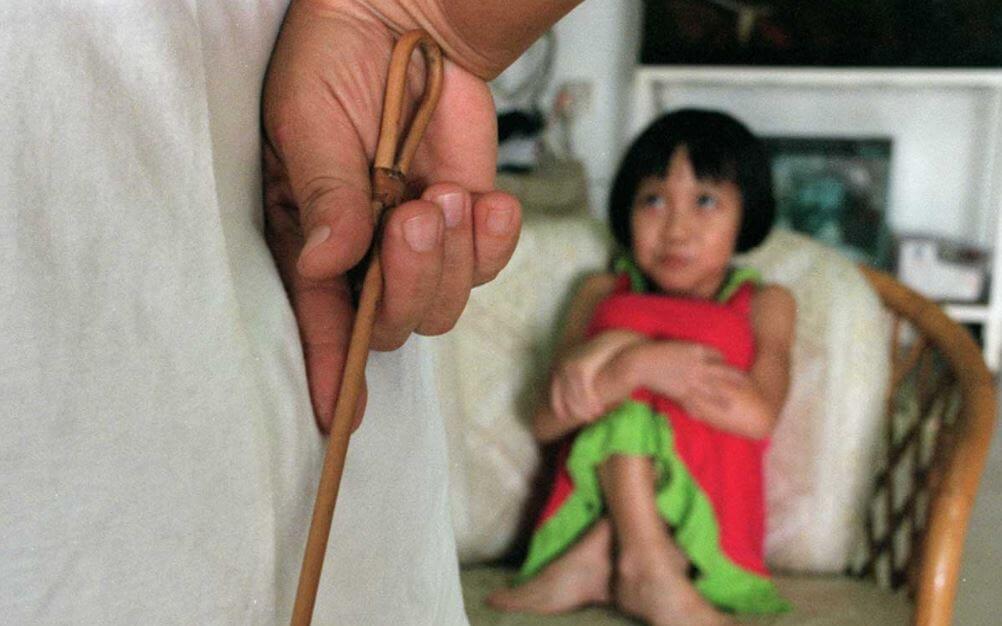It can be frustrating when a child is not listening to you. However, spanking or physical punishment is never a good idea to deal with a child’s behaviors. Instead, it’s a good idea to focus on the reasoning behind their behavior and functional methods of helping the child learn important life lessons.
Here, we’ve outlined why spanking is not a functional or positive punishment and how it has been proven to actually do the opposite of its purpose.
Statistics on Childhood Spanking
A study done by the Canadian Journal of Psychiatry showed that spanking your child results in an increased risk of mental health issues, physical health conditions, and defiance in adolescents. Furthermore, it has been proven to be traumatic for some children, whether they are more sensitive than their peers or not.
In a study done by – over 50% of study participants with PTSD or a trauma history had been spanked as a child. There was also a correlation to physical and emotional abuse in the households of these children.
If someone you love or a child you know is in a domestic violence or abusive situation, call the Child National Abuse Hotline for help at 1-800-4-A-CHILD (1-800-422-4453).
Alternatives to Spanking as Punishment
Instead of using physical violence against your child, consider the following methods of dealing with problem behaviors:
- Figure out why your child is acting out.
- Give your child a chance to repair with you. Ask them to help you clean up the mess they made or save up their allowance to buy back the item they broke.
- Let the child know how their behavior affected you and their surroundings, without calling them names or telling them they’re bad.
- If your child is acting out physically, do not react emotionally to their behavior. Ignore the behavior and give them time alone to calm down.
You can always redirect your child’s attention from negative to positive behaviors by asking, “do you want to play with this toy instead?”
Children do not associate punishment with learning. In fact, like adults, children want to be heard and validated. They cannot associate discipline such as hitting with behavior such as making a mess. Make sure the consequences you give match the behavior without raising your voice or physically hurting your child.
Conclusion
Parenting can be stressful, but it’s not impossible. If you’re struggling with finding ways to parent your child, a therapist may be able to help you. Many therapists are trained in both adult and child psychology. They will be able to explain to you the best methods for working with behavioral issues in children.
Image Courtesy: www.asiaone.com
